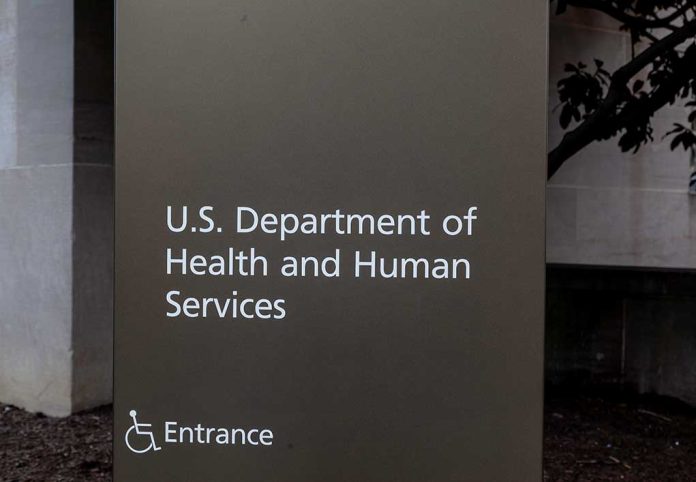
Robert F. Kennedy Jr.’s appointment as the U.S. Health Secretary poses significant implications for public health and vaccine policy.
Key Takeaways
- RFK Jr. confirmed as Secretary of the Department of Health and Human Services after a contentious Senate debate.
- Kennedy is known for his vaccine hesitancy, raising concerns about his handling of infectious disease crises.
- Plans to focus on chronic diseases and preventive health approaches instead of vaccines.
- Confirmation supported by most Republicans, indicating political and strategic shifts in health governance.
- Kennedy’s anti-vaccine stance is seen as a potential risk to public health policies.
Kennedy’s Role and Responsibilities
Robert F. Kennedy Jr. has assumed a pivotal role as he takes the helm of the Department of Health and Human Services (HHS). Tasked with overseeing 13 key U.S. health agencies, including the FDA, CDC, and NIH, he faces the challenge of steering the nation’s health policies amid his controversial vaccine views.
His confirmation, secured after a closely contested Senate debate, indicates a significant shift in health governance. This move, largely bolstered by Republican support against considerable Democratic opposition, suggests a realignment of policy priorities.
Vaccine Concerns and Health Policy
Kennedy’s history of vaccine hesitancy and skepticism has been widely reported, and his appointment raises questions about the future of vaccine policies. While he has pledged not to restrict vaccine access, his past statements on vaccines continue to cause concern.
Moreover, his agenda to emphasize holistic and preventive health approaches suggests a reduction in focus on vaccines. Such a strategy may influence public perceptions and policy directions regarding vaccinations and the management of infectious diseases.
Potential Impacts and Future Directions
Projected changes under Kennedy’s leadership could see a paradigm shift towards combating chronic diseases, with a focus on nutrition and healthy food production. He aims to redesign nutrition labeling and eliminate harmful additives, reflecting his commitment to preventive health measures.
As Kennedy navigates his term, his capacity to manage infectious disease crises remains under scrutiny. Balancing public health initiatives with his personal philosophies will be a critical aspect of his administration, with broad implications for U.S. health policy moving forward.
Sources:
- Robert F Kennedy Jr Confirmed As Health And Human Services Secretary On A 52-48 Vote
- The Senate Confirmed RFK Jr. as Health Secretary. Now What? – The Atlantic
















